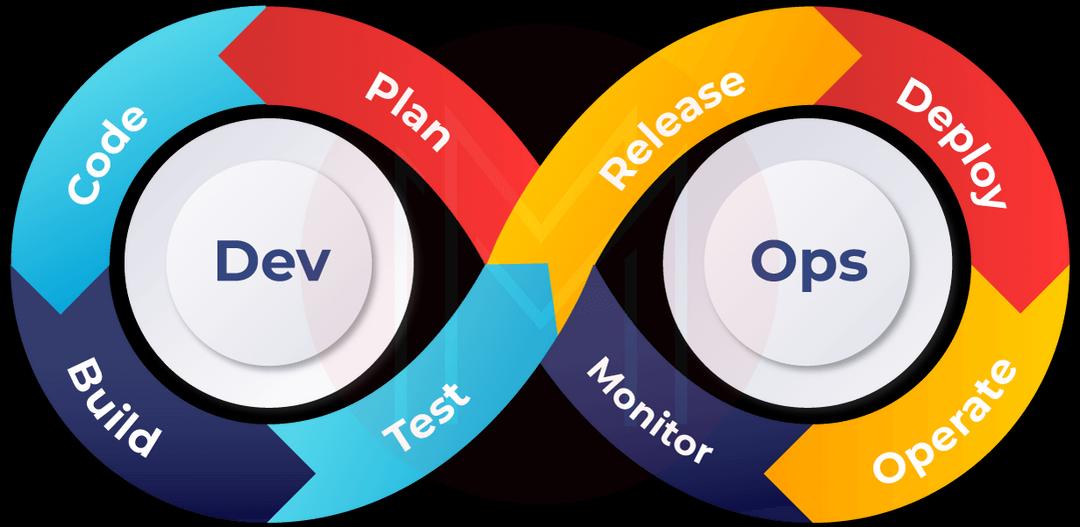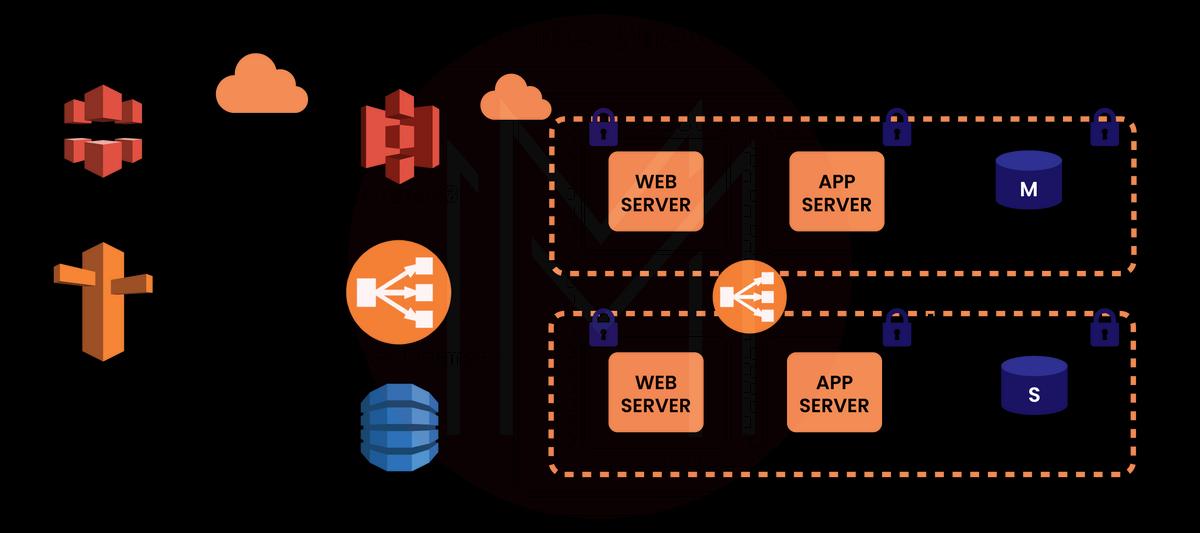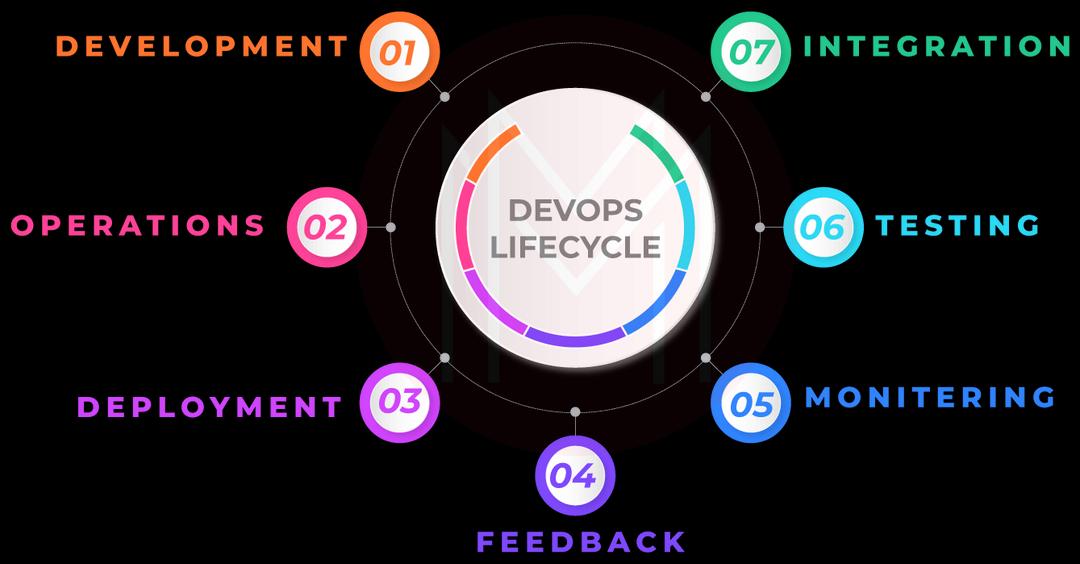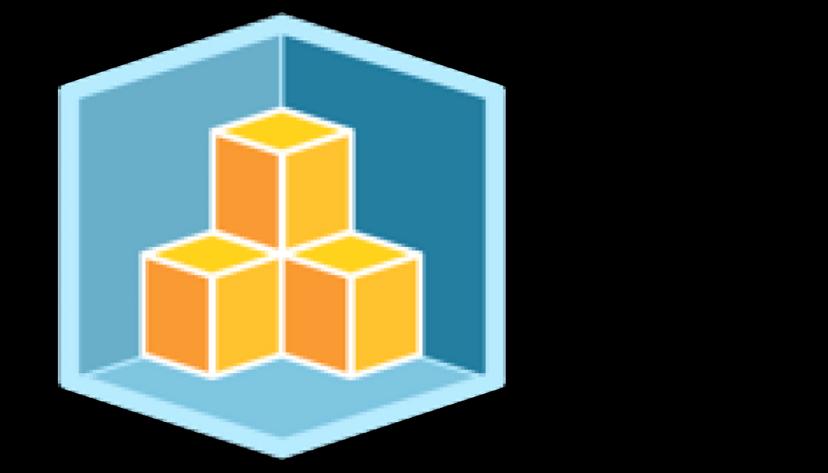- Introduction to Amazon Elastic File System
- Amazon On-Demand Instance Pricing
- AWS Kinesis
- Amazon Redshift Tutorial
- Amazon SageMaker - AIs Next Game Changer
- AWS Console - Amazon Web Services
- AWS Architect Interview Questions
- AWS Architecture
- Amazon Athena
- Top 11 AWS Certifications List and Exam Learning Path
- How to Create Alarms in Amazon CloudWatch
- AWS CloudWatch Tutorial
- Introduction To AWS CLI
- AWS Configuration
- AWS Data Pipeline Documentation
- AWS EC2 Instance Types
- AWS Elastic Beanstalk
- AWS Elastic Beanstalk Available in AWS GovCloud (US)
- AWS Free Tier Limits and Faq
- AWS EC2 Instance Pricing
- Choosing The Right EC2 Instance Type For Your Application
- AWS Interview Questions And Answers
- AWS Key Management Service
- AWS Lambda Interview Questions
- AWS Lambda Tutorial
- What Is AWS Management Console?
- Complete AWS Marketplace User Guide
- AWS Outage
- AWS Reserved Instances
- AWS SDK
- What is AWS SNS?
- AWS Simple Queue Service
- AWS SysOps Interview Questions
- AWS vs Azure
- AWS Vs Azure Vs Google Cloud Free Tier
- Introduction to AWS Pricing
- Brief Introduction to Amazon Web Services (AWS)
- Clean Up Process in AWS
- Creating a Custom AMI in AWS
- Creating an Elastic Load Balancer in AWS
- How to Deploy Your Web Application into AWS
- How to Launch Amazon EC2 Instance Using AMI?
- How to Launch Amazon EC2 Instances Using Auto Scaling
- How to Sign Up for the AWS Service?
- How to Update Your Amazon EC2 Security Group
- Process of Installing the Command Line Tools in AWS
- Big Data in AWS
- Earning Big Money With AWS Certification
- AWS Certification Without IT Experience. Is It Possible?
- How to deploy a Java enterprise application to AWS cloud
- What is AWS Lambda?
- Top 10 Reasons To Learn AWS
- Run a Controlled Deploy With AWS Elastic Beanstalk
- Apache Spark Clusters on Amazon EC2
- Top 30 AWS Services List in 2024
- What is Amazon S3? A Complete AWS S3 Tutorial
- What is AMI in AWS
- What is AWS? Amazon Web Services Introduction
- What is AWS Elasticsearch?
- What is AWS ELB? – A Complete AWS Load Balancer Tutorial
- What is AWS Glue?
- AWS IAM (Identity and Access Management)
- AWS IoT Core Tutorial - What is AWS IoT?
- What is Cloud Computing - Introduction to Cloud Computing
- Why AWS Has Gained Popularity?
- Top 10 Cloud Computing Tools
- AWS Glue Tutorial
- AWS Glue Interview Questions
- AWS S3 Interview Questions
- AWS Projects and Use Cases
- AWS VPC Interview Questions and Answers
- AWS EC2 Tutorial
- AWS VPC Tutorial
- AWS EC2 Interview Questions
- AWS DynamoDB Interview Questions
- AWS API Gateway Interview Questions
- How to Become a Big Data Engineer
- What is AWS Fargate?
- What is AWS CloudFront
- AWS CloudWatch Interview Questions
- What is AWS CloudFormation?
- What is AWS Cloudformation
- Cloud Computing Interview Questions
- What is AWS Batch
- What is AWS Amplify? - AWS Amplify Alternatives
- Types of Cloud Computing - Cloud Services
- What is AWS SageMaker - AWS SageMaker Tutorial
- Amazon Interview Questions
- AWS DevOps Interview Questions
- Cognizant Interview Questions
- Cognizant Genc Interview Questions
- Nutanix Interview Questions
- Cloud Computing Projects and Use Cases
- test info
Several Advanced Technologies, like cloud computing, and DevOps, are developed to empower software professionals to respond to rapidly evolving business requirements and accelerate the application development process. The term “DevOps” is formed by the combination of “development” and “operations.” Enterprises are moving from Waterfall to DevOps to bridge the gap between development and operations and focus on automation for reducing manual errors. Cloud-based DevOps helps us track development resources' costs and make adjustments as required. As Traditional systems don’t offer these services, enterprises are moving into cloud-based DevOps to lower the development, deployment, operations, and testing costs.
AWS offers a group of services developed to allow enterprises to reliably and quickly build and deliver products through AWS and DevOps practices. DevOps with AWS integrates the power of cloud computing with the transition and flexibility of DevOps. It has the strength to achieve immense growth in your career. This AWS DevOps tutorial helps you learn different tools used in AWS DevOps and the advantages when they are put together.
Let’s get started and learn more about AWS DevOps.
| AWS DevOps Tutorial - Table of Contents |
What is DevOps?
DevOps is formed by blending operations and development. It includes tools technologies and practices that help your organization enhance the ability to offer different services and applications at a rapid pace. DevOps brings the development team and operations team together to collaborate and work mutually

To ensure a rapid delivery experience to the customers, both teams must build a smooth environment for business success. In simple words, DevOps is a successful collaboration of the development and operations teams to deliver the products within the deadlines.
What is AWS?
AWS is an on-demand cloud provider developed by Amazon. In simple terms, AWS refers to Amazon web services that can offer multiple products and services to access, store, and edit data. It eases business data storage online with security instead of storing in physical spaces, saving expenses and space.
A few and important Aws services are Amazon EC2, Amazon S3, AWS Aurora, Amazon DynamoDB, Amazon RDS, Amazon Lambda, Amazon VPC, Amazon CloudFront, AWS Elastic Beanstalk, etc.
| Related Article: AWS Tutorial |
What is AWS DevOps?
AWS DevOps is a technology discovered for organizations that implement the DevOps concepts by the services, features, and tools provided by Amazon Web Services(AWS). The AWS DevOps will help you ease the business processes like infrastructure management, application monitoring, software delivery process automation, etc.
Following are some of the popular services of AWS
1. AWS Cloud Formation
In AWS DevOps, AWS CloudFormation is used for creating cloud instances and services and includes multiple templates of AWS resources like ECS containers, S3 storage buckets, EC2 instances, etc,
2. AWS EC2
AWS EC2 enables running the instances within the EC2 containers. It also allows you to utilize AWS management and security features.
3. AWS Cloud Watch
AWS CloudWatch is called a monitoring tool that is involved in tracking all the resources that AWS offers. It also allows the utilization of tools for monitoring purposes.
4. AWS CodePipeline
The CodePipeline is an essential feature provided by AWS. It provides support by simplifying CI/CD tool set. management
| If you want to enrich your career and become a professional in AWS DevOps, then enroll in "AWS DevOps Training" - This course will help you to achieve excellence in this domain. |
AWS DevOps Architecture
To deep dive into DevOps, we must learn DevOps Architecture. Let us learn about each component in the architecture of DevOps to get an idea of each of them.

1. Load Balancing
All web application-based architectures require load balancing. Load balancing is the virtual network appliance that helps in EC2 traffic distribution through the different web server resources that are available.
2. Amazon CloudFront
The Amazon CloudFront service is used for delivering the content. It includes dynamic streaming and static types. It also gives its support by being accordant with the non-AWS clouds and is also optimized and capable of working in coordination with the other AWS components.
3. Amazon Security Group
Security is one of the primary concerns these days as we see a rise in hacking-related incidents. Amazon security group is one of the features offered by AWS DevOps which behaves like an inbound network firewall. It is important for the customers to provide clear information like the authorized ports, protocols, and IP ranges to gain access to EC2. The users are allowed to provide each instance in EC2 to the different groups which are involved in sending the traffic to the correct instance.
4. Elastic Caches
The elastic cache is the web service that helps in the management of the cloud memory cache. It is responsible for reducing the strain that is on multiple services. This can be done by caching the data that is frequently used, hence improving the scalability and performance levels.
5. Amazon Relational Database Service
It is called Amazon RDS, a service that helps simplify the scalability, operations, and setup of a relational database that is purely cloud-based. It helps manage the functions that are in the database administration. It is also cost-efficient and compatible with multiple databases like Oracle, SQL Server, Amazon Aurora, Microsoft SQL, MariaDB, etc.
6. Amazon S3
Amazon S3 stands for Amazon Simple Storage Service, which offers two things that include accessing and backup, storing the data related to web applications. S3 provides a user interface that is simple and easy to understand to the users, allowing them to access the data from anywhere around the globe. The users will be storing the data in the form of objects represented in the buckets. The objects in which the data is stored can be deleted, accessed, or read as per the need.
7. Amazon Elastic Block Storage
Amazon elastic block storage, simply called Amazon EBS, is a solution for block storage that helps in the management of the data partitions and also the application logs. Whenever there is a need for long-term persistence or there is access required instantly, EBS service can be used.
8. Amazon Auto Scaling
The Amazon Auto Scaling service is the feature that is used for the creation of the capacity groups of the servers. The user can make changes to the capacity, reduce or expand based on their requirements.
AWS DevOps Lifecycle
The AWS DevOps lifecycle represents the relationship between the operations and the development teams. It defines the methodology or the process that is used by the operational engineers and the developers from the starting phase to the ending phase of the SDLC.
Below are the 7 phases in the AWS DevOps Lifecycle

- Continuous Development
- Continuous Integration
- Continuous Testing
- Continuous Monitoring
- Continuous Feedback
- Continuous Deployment
- Continuous Operations
Let us know in depth about each phase of the AWS DevOps Lifecycle
1. Continuous Development
Continuous development is generally the planning phase which includes the planning and coding part of the development. The goal of the project will be decided in the planning phase. The developers will be involved in the coding part. There is no need for any DevOps tools for planning purposes, but there is a need for multiple tools for the coding part.
2. Continuous Integration
The second phase – continuous integration is one of the important phases that requires focus. It usually refers to the practice in which the developers are involved in committing to any required changes to the source code. This can be done on a daily or weekly basis. It also involves the detection of bugs or problems during the early stage of coding and development. It also includes performing testing like unit testing, integration testing, code review, and packaging.
3. Continuous Testing
The testers are required to perform continuous testing in this phase which helps in identifying the bugs or errors. Different testing tools like Selenium, JUnit, and TestNG can be used to perform testing.
4. Continuous Monitoring
Continuous monitoring is one of the important phases which involves the operations that are required to be carried out during the complete lifecycle process. All the important information related to software development will be processed and recorded.
5. Continuous Feedback
The development teams are involved in getting feedback and improving the functions consistently. This can be done by gathering the results and analyzing them for further improvements. Constant feedback will definitely help in the development of the next software version.
6. Continuous Deployment
The code will be deployed on the production server in this stage. It is an important stage that requires the code to be used right on all the different layers. There will be a continuous deployment of the code and use of configuration management tools to help in the task execution. Some of the tools include Puppet, Chef, SaltStack, Ansible, etc.
7. Continuous Operations
In this stage, all the DevOps-related operations will be performed with a release process that is fully automated and helps the organization in accelerating the overall time. Continuity is one of the key factors for the operations and development teams. It also helps in identifying the issues and delivering a better product version. AWS DevOps helps in creating the best final product and also helps in achieving customer satisfaction.
Related Article: AWS DevOps Interview Questions
AWS DevOps Tools
AWS DevOps is a platform that provides a wide range of tools that helps in the development of software in the cloud. Let us gain an understanding of some of the popular tools provided by AWS DevOps:
1. AWS CodeStar
AWS CodeStar is one the powerful tools which help in the implementation of DevOps onto the AWS platform. It provides an interactive interface that is user-friendly, allowing the users to create and deploy the applications on the AWS platform. It is considered the one-stop tool that helps in the management of the complete life cycle of the software.

2. AWS CodePipeline
The AWS CodePipeline tool is used for automating the continuous delivery of the program code to attain accurate and faster updates. This tool helps in the enhancement of the processes like testing, development and deployment of the applications.

3. AWS CodeBuild
AWS CodeBuild is one of the tools offered by AWS allowing professionals to compile the application source code and also test the application. It is also used for the preparation of the software packages which can be deployed. This tool helps in developing and testing the code efficiently.

4. AWS CodeDeploy
The AWS Code Deploy is another tool that helps in the automation of the software development process to cloud services or local environments like Amazon EC2, AWS Lambda, etc. It helps in the prevention of downtime during the deployment phase.

5. AWS Cloud Development Kit
AWS Cloud development is an open-source framework that uses programming languages for modeling purposes and helps in provisioning resources. It is used for software development.

Azure DevOps vs AWS DevOps
Both Technologies are used for the automation of the software development process. Let us discuss some of the differences between these technologies.
| Comparison Basis | AWS DevOps | Azure DevOps |
| Service Integration | AWS DevOps allows its users to implement and integrate with different AWS services like S3, EC2, Beanstalk, etc. | Azure DevOps provides multiple services like App services, SQL DBs, VMs |
| Infrastructure | AWS DevOps uses the AWS methods that help in offering comprehensive services for computing and storage. | Azure is a PaaS service that helped professionals in developing apps easily without keeping an eye on the servers to run. |
| Best Features | AWS DevOps is capable of automating the entire code using AWS services. | Azure DevOps includes Kanban workflows and boards forming a larger ecosystem. |
Benefits of AWS DevOps
Let us know some of the key benefits of AWS DevOps, which has made it so popular these days.
- Provides collaboration: AWS DevOps aims to provide multiple services that help establish and maintain collaboration and communication among the different teams in the organization. AWS includes the identity management service that helps in setting up a level of access to the users and setting up permissions and policies for different groups of employees within the organization. It also provides its support by allowing the users to view and share the progress in real-time.
- Simple to work: Any organization that utilizes AWS services should have an AWS account. The software has to be installed to utilize the required services. It helps allocate the resources properly and allows the organization to perform secure distribution for a better user experience.
- Process Automation: The main goal of a DevOps professional is to automate tasks. It includes the CLI for AWS and also the management console for the management and automation of the processes.
Related Article: DevOps Vs SysOps
AWS DevOps Frequently Asked Questions
1. How do I study for AWS DevOps?
To study AWS DevOps, we have to join the AWS DevOps course. We can get trained and certified through a professional training provider like MindMajix and become an expert in AWS DevOps.
2. What does AWS DevOps do?
AWS DevOps helps you automate business processes and helps the developer teams in delivering continuous delivery and integration.
3. Is AWS DevOps difficult to learn?
It is not easy to learn AWS DevOps. It requires a basic knowledge of AWS and DevOps concepts
4, What is the AWS DevOps Course?
AWS DevOps course is a course offered by training providers to candidates who would like to pursue their careers. It includes a course curriculum that covers all the concepts and helps you in mastering them. Along with the theoretical training, you will also get exposure to the projects to gain real-time project experience. You can get certified through the training provider and gain the capability to clear the certification exam as well.
5. Does AWS DevOps need coding?
Yes, it is important to have coding skills as it includes coding and scripting.
Conclusion
AWS DevOps is utilized to implement the DevOps practices through flexible services offered by AWS. AWS DevOps features enable us to streamline the business processes like automating the process, monitoring applications, managing infrastructure, etc. This AWS DevOps tutorial will help you master all the tools and features that are required for AWS DevOps professionals. I hope this AWS DevOps tutorial is sufficient for you to get a fundamental knowledge of AWS DevOps; If you’re looking forward to learn and master in AWS Devops, then enroll in this AWS Devops Course by MindMajix today.
 On-Job Support Service
On-Job Support Service
Online Work Support for your on-job roles.

Our work-support plans provide precise options as per your project tasks. Whether you are a newbie or an experienced professional seeking assistance in completing project tasks, we are here with the following plans to meet your custom needs:
- Pay Per Hour
- Pay Per Week
- Monthly
| Name | Dates | |
|---|---|---|
| AWS Devops Training | Feb 17 to Mar 04 | View Details |
| AWS Devops Training | Feb 21 to Mar 08 | View Details |
| AWS Devops Training | Feb 24 to Mar 11 | View Details |
| AWS Devops Training | Feb 28 to Mar 15 | View Details |

Suneel, a Technology Architect with a decade of experience in various tech verticals like BPM, BAM, RPA, cybersecurity, cloud computing, cloud integration, software development, MERN Stack, and containerization (Kubernetes) apps, is dedicated to simplifying complex IT concepts in his articles with examples. Suneel's writing offers clear and engaging insights, making IT accessible to every tech enthusiast and career aspirant. His passion for technology and writing guides you with the latest innovations and technologies in his expertise. You can reach Suneel on LinkedIn and Twitter.
















